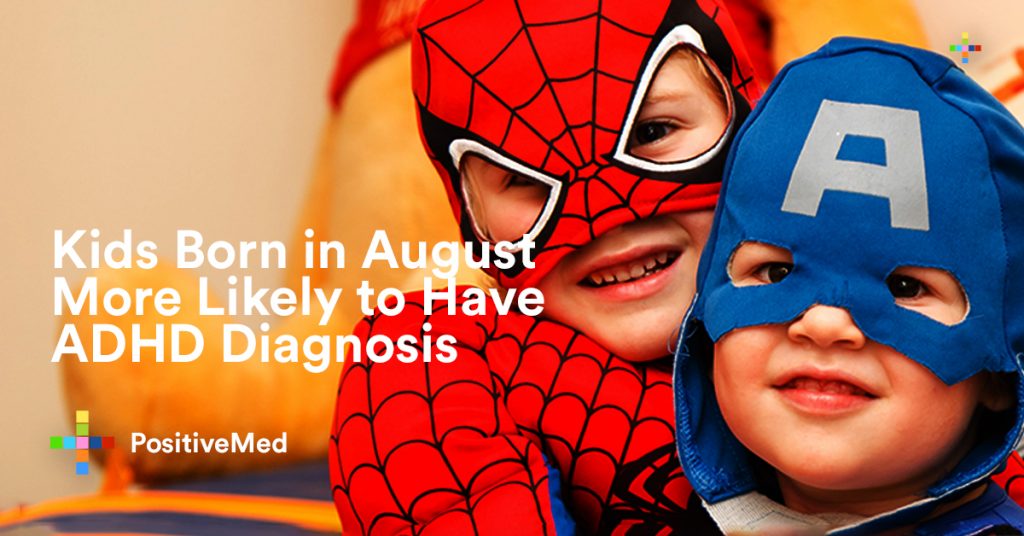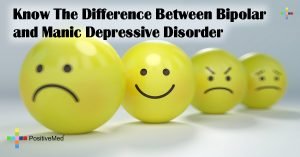A new large-scale nationwide analysis has shown that kids born in August are at a higher rate of attention deficit-hyperactivity disorder (ADHD) compared with their peers born weeks later in September. This finding strengthens concerns that this common neurodevelopment disorder may be over-diagnosed.

Most kids in the U.S. join kindergarten at the age of five; the birthday cutoff in most states is on or before September 1. In states like Maine, Connecticut, and Virginia, some students may not turn 5 until after months to the school year with some as late as December 31. This often raises complicated issues for parents of late summer and fall babies in determining when to enroll their kids in schools.
According to Anupan Jena, a physician and economist at Harvard Medical School, its relative age and relative immaturity of kids born in August in any given class that increases their likelihood to be diagnosed and treated for ADHD.
Jena and his team used insurance claims data of more than 407,000 kids who were born from 2007 to 2009. In the States that require children to be 5 years old on September 1 to join kindergarten, kids born in August were 34% more likely to be diagnosed with ADHD more than those born nearly a year earlier in September, which is just after the cut off date.
For kids born in August, 85.1 per 10,000 were diagnosed with ADHD, compared with 63.6 per 10,000 for the September kids. This is in reference to a recent publication in the New England Journal of Medicine.
Common ADHD Symptoms
Some of the most typical symptoms associated with ADHD include severe hyperactivity and impulsiveness that might be frequent enough to interfere with normal or regular routine tasks.
In 2011, about 11% of children in the United States aged between 4 and 17 were reported to have been diagnosed with ADHD. This was a rate higher in comparison to ADHD cases in other countries.
According to Jena, the differences between States also suggest over-diagnosis if there is nothing different about toddlers in different States. For instance, while close to 19% of 4 to 17-year-olds were reportedly diagnosed in Kentucky, the neighboring West Virginia only had about 12%.
Jena and his co-authors noted that this analysis has a couple of limitations. For example, the researchers could not assess the appropriateness of the ADHD diagnosis and couldn’t conclude that ADHD was over-diagnosed in kids with August birthdays.
It’s only that a kid’s age relative to his peers has some association with ADHD diagnosis and treatment rates. In addition, insurance claims data don’t indicate when a kid started school, and there is a possibility that some parents delayed school entry for kids born in August. The claims data only involved children with employer-provided insurance coverage and didn’t include Medicaid and uninsured patients. This produced a group of children with lower ADHD diagnosis than the national average.
In reference to Stephen Hinshaw, a clinical developmental psychologist at the University of California, Berkeley, the greater recognition of ADHD is something worth because the condition can contribute to low academic performance, substance abuse, and poor social skills. Hinshaw who did not participate in this study noted that a brief office visit can result in an inaccurate diagnosis if other conditions or factors are not ruled out.
Hinshaw highlighted the fact that kids mature at different rates and many childhood issues like anxiety or trying to cope with overcrowded classrooms can be mistaken for ADHD. He added that there is need to understand other child’s skills instead of overreacting to inattention, impulsive behavior, lack of attention, and hyperactivity.
Edited by: Jessa (Jan. 27, 2019)






